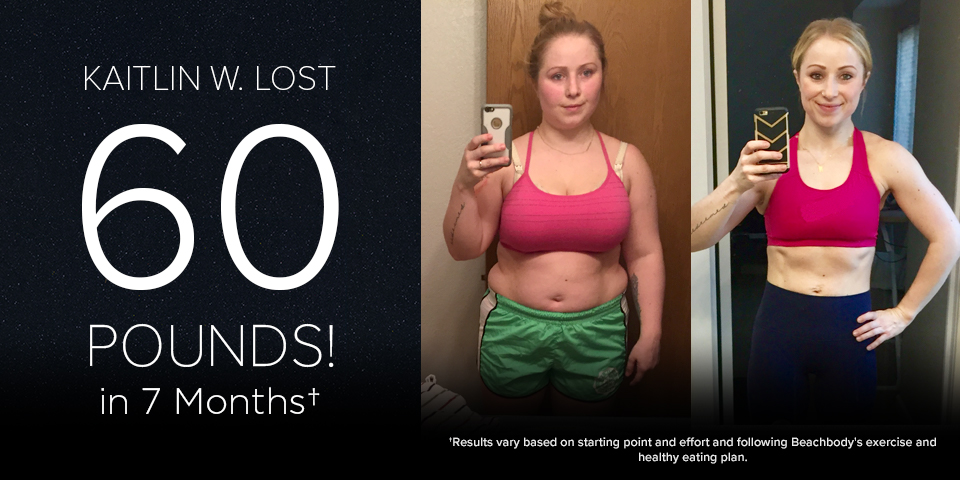Is It Possible To Lose 60 Pounds In 3 Months

Imagine stepping onto the scale, the numbers glaring back at you, a stark reminder of a journey you desperately want to begin. The reflection in the mirror whispers promises of a healthier, more vibrant you, a vision fueled by countless success stories and whispers of rapid transformations. Sixty pounds in three months – a goal that dances tantalizingly on the edge of possibility, a beacon of hope in the sometimes-overwhelming landscape of weight loss.
The question of whether it's possible to lose 60 pounds in 3 months is a complex one, demanding a nuanced understanding of individual metabolism, lifestyle factors, and the potential risks associated with rapid weight loss. While technically achievable for some under strict medical supervision, it's generally not a safe or sustainable approach for most individuals. A more realistic and healthy goal is typically 1-2 pounds of weight loss per week.
The Allure and the Reality
The desire for rapid weight loss is understandable. We live in a world of instant gratification, where before-and-after photos flood our social media feeds, promising quick fixes and dramatic results. These images often mask the dedication, discipline, and sometimes, unhealthy practices that fueled these transformations.
The promise of shedding 60 pounds in a mere three months is undoubtedly attractive. It's a goal that can ignite motivation and provide a tangible target to strive for. However, it's crucial to approach such ambitions with a healthy dose of realism and a strong understanding of the potential consequences.
Understanding the Basics: Calories In, Calories Out
At its core, weight loss is governed by the principle of energy balance: calories consumed versus calories expended. To lose one pound of fat, you need to create a deficit of approximately 3,500 calories.
Therefore, to lose 60 pounds in 3 months (roughly 12 weeks), you would need to create a deficit of 210,000 calories (60 pounds x 3,500 calories/pound) over that period. This translates to a weekly deficit of 17,500 calories, or a daily deficit of 2,500 calories. This is where the feasibility, and more importantly, the safety concerns, begin to surface.
The Dangers of Rapid Weight Loss
Severely restricting calorie intake to achieve such a significant deficit can have serious health consequences. These risks include, but are not limited to: muscle loss, nutrient deficiencies, metabolic slowdown, gallstones, and electrolyte imbalances. According to the National Institutes of Health (NIH), extremely low-calorie diets should only be undertaken under strict medical supervision.
Muscle loss is a particularly concerning consequence of rapid weight loss. When the body is starved of calories, it may turn to muscle tissue for energy, leading to a decrease in lean body mass. This not only affects strength and physical function but also slows down metabolism, making it harder to lose weight and maintain it in the long run. Maintaining muscle mass is crucial for long-term weight management.
Nutrient deficiencies are another significant risk. Restricting food intake limits the intake of essential vitamins and minerals, which are vital for overall health and well-being. These deficiencies can lead to fatigue, weakened immunity, and a host of other health problems. A balanced diet, rich in fruits, vegetables, lean proteins, and whole grains, is essential for sustained health.
The Importance of a Sustainable Approach
The key to successful and lasting weight loss is adopting a sustainable approach that focuses on gradual changes and healthy habits. Aiming for a weight loss of 1-2 pounds per week is generally considered safe and sustainable by health professionals. This rate allows the body to adjust gradually and minimizes the risk of adverse effects.
Focusing on long-term lifestyle changes, rather than quick fixes, is crucial. This includes adopting a balanced diet, engaging in regular physical activity, managing stress, and getting enough sleep. These habits not only promote weight loss but also improve overall health and well-being.
Consulting with a registered dietitian or a healthcare professional is highly recommended before embarking on any weight loss program, especially if you have underlying health conditions. They can assess your individual needs, develop a personalized plan, and monitor your progress to ensure safety and effectiveness. It is important to seek professional medical advice before considering a drastic lifestyle change.
Realistic Goals and Healthy Strategies
Instead of fixating on a specific number like 60 pounds in 3 months, focus on setting realistic goals that are tailored to your individual circumstances. Consider factors such as your current weight, body composition, activity level, and medical history.
A healthy weight loss plan should incorporate a balanced diet that is rich in whole, unprocessed foods. This includes plenty of fruits, vegetables, lean proteins, and whole grains. Processed foods, sugary drinks, and unhealthy fats should be limited. Prioritizing whole foods will provide the nutrients needed for optimal health.
Regular physical activity is also essential for weight loss and overall health. Aim for at least 150 minutes of moderate-intensity aerobic exercise or 75 minutes of vigorous-intensity aerobic exercise per week, as recommended by the American Heart Association. Incorporate strength training exercises to build and maintain muscle mass.
Beyond the Scale: Focusing on Holistic Well-being
It's important to remember that weight loss is not just about the numbers on the scale. It's about improving overall health and well-being. Focus on other positive changes, such as increased energy levels, improved mood, better sleep, and reduced risk of chronic diseases.
Celebrate your successes along the way, no matter how small. Acknowledge your hard work and dedication, and don't be discouraged by setbacks. Weight loss is a journey, not a destination. Embrace the process and focus on making sustainable changes that will benefit your health for years to come.
Remember that sustainable weight loss is a marathon, not a sprint. Prioritize your health, consult with professionals, and focus on creating healthy habits that will last a lifetime. While the allure of rapid weight loss is strong, the long-term benefits of a slow and steady approach far outweigh the risks.

















